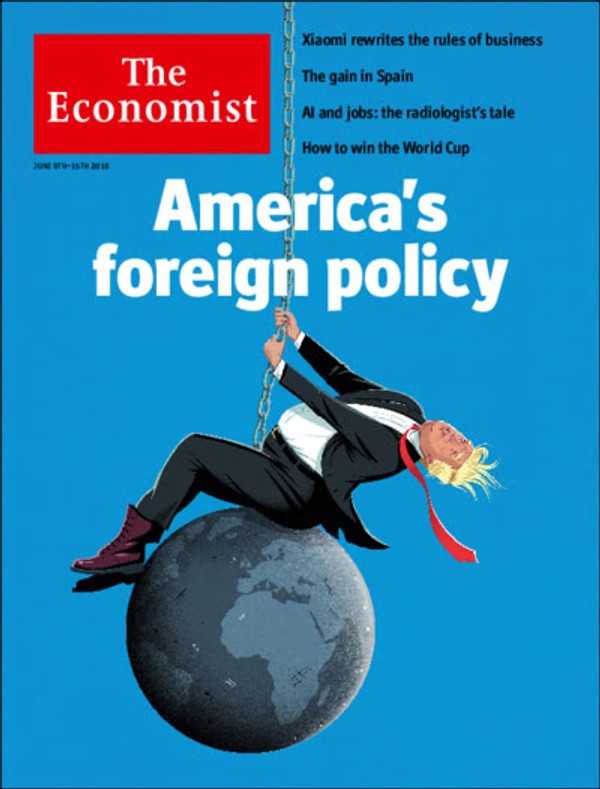NEW COLUMN is “America’s Radical, Foreign-Policy Alinskyites Destroyed South Africa!” It is currently on WND.COM, the Unz Review, CNSNews, “Americans Should Recall How Foreign-Policy Alinskyites Destroyed South Africa.”
And, newly on the great Townhall.com.
Excerpt:
Certain national-conservative governments in East Europe should be natural allies to conservative policy makers, stateside, if such unicorns existed.
Vladimir Putin’s, for example.
Before his death, from the safety of exile, Aleksandr Solzhenitsyn, one of Russia’s bravest and most brilliant sons, praised Putin’s efforts to revive Russia’s traditional Christian and moral heritage. For example:
In October 2010, it was announced that The Gulag Archipelago would become required reading for all Russian high-school students. In a meeting with Solzhenitsyn’s widow, Mr. Putin described The Gulag Archipelago as ‘essential reading’: ‘Without the knowledge of that book, we would lack a full understanding of our country and it would be difficult for us to think about the future.’ …
If [only] the same could be said of the high schools of the United States. (Via The Imaginative Conservative.)
The Russian president patiently tolerates America’s demented, anti-Russia monomania. And, as America sinks into the quicksands of Cultural Marxism, Putin’s inclinations are decidedly reactionary and traditionalist.
He prohibited sexual evangelizing by LGBTQ activists. He comes down squarely on the side of the Russian Orthodox church, such as when vandals, the Pussy Riot whores, obscenely desecrated the cathedral of Christ the Savior. The Russian leader has also welcomed as refugees persecuted white South Africans, where America’s successive governments won’t even officially acknowledge that they’re under threat of extermination. Also, policies to stimulate Russian birthrates have been put in place by the conservative leader.
Hungary is oh-so happy in its homogeneity and wants to keep it. But not if Washington can help it. Prime Minister Viktor Orban’s motto is, “Procreation, not immigration.” Orban plumps for closed borders, and pro-Western, Christian, Hungarian-families-first policies. Yet his ongoing campaign against George Soros, an agitator for global government, was met by Donald Trump’s State Department with a stern rebuke to … Hungary claiming that its anti-Soros law will cost the country dearly.
Americans on the Right could only dream that, like Hungary, Poland and the Czech Republic—the US would “shut its border to Islamic migrants to keep potential terrorists out.”
America: A Notion, Not A Nation
Perplexing as it may seem, American foreign policy has been informed less by what Samuel P. Huntington termed civilizational consciousness, than by the idea of the propositional nation. America, to her governing neoconservative and left-liberal elites, is not a nation but a notion, a community of disparate peoples coalescing around an abstract, highly manipulable, state-sanctioned ideology. Democracy, for one.
Yet to Russell Kirk, the father of American conservatism, and an old-school conservative—as well as, arguably, to the founders of the nation themselves—society was a community of souls, joining the dead, the living, and those yet unborn. It cohered through what Aristotle called friendship and what Christians call love of neighbor, facilitated by a shared language, literature, history, habits and heroes.
These factors, taken together, constitute the glue that binds the nation.
By contrast, the rather flimsy whimsy that is the American “creedal nation” is, ostensibly, united in “a common commitment to a set of ideas and ideals.” If anything, when expressed by the historical majority, the natural affinity for one’s tribe—a connection to kith, kin and culture—is deemed inauthentic, xenophobic, and racist, unless asserted by non-Occidentals.
… READ ON … NEW COLUMN is “America’s Radical, Foreign-Policy Alinskyites Destroyed South Africa!” It is currently on WND.COM, the Unz Review, CNSNews, “Americans Should Recall How Foreign-Policy Alinskyites Destroyed South Africa.”
And, newly on the great Townhall.com.
UPDATED (3/27): People are getting it. Conservative press is doing wonders in radically questioning past dogma.
Readers at Townhall.com:
Thanks for this profound column which pushed me to ponder America’s image abroad, as well as our own obvious moral decline. I have shared it with an Afrikaner relation & I await his views.





